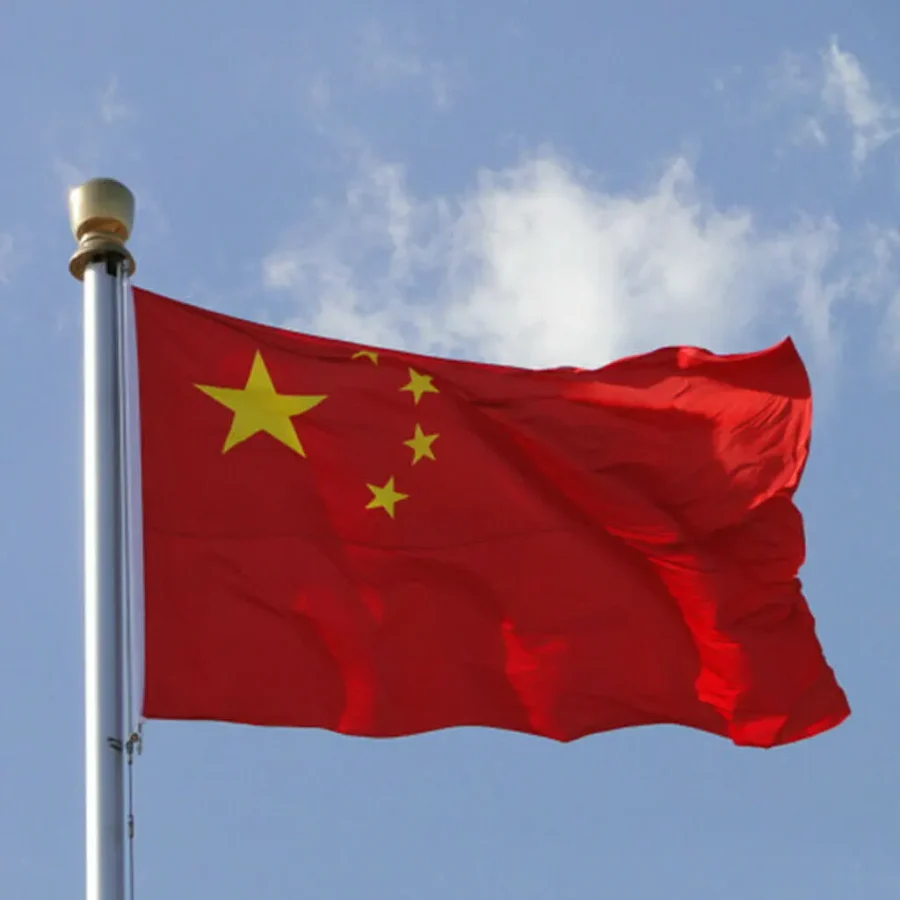China’s foreign exchange reserves came in at $3.1839 trillion at the end of March, up 1.62 percent or $50.7 billion from a month earlier, the State Administration of Foreign Exchange said.
Affected by monetary policy and expectations for major economies, the dollar index fell and the prices of global financial assets climbed last month, the regulator said, attributing the increase in foreign exchange reserves to the combined impact of currency translation and asset price changes.
It added that China’s foreign exchange reserves are expected to stay generally stable as the country has solid economic foundations and broad prospects for development.
Dong Dengxin, director of the Finance and Securities Institute at the Wuhan University of Science and Technology, told the Global Times that the foreign exchange rise was mainly the result of dollar depreciation.
Observers said that global investors’ anticipation of dollar depreciation has led to looming recession concerns for the US economy, with the Fed showing no sign of reversing the rate hike cycle despite the recent banking crisis.
“The Fed’s continued interest rate hikes previously pushed up the dollar index, but it fell in March as many countries, including Russia, India and many oil exporters, abandoned the dollar and settled in local currency or the yuan,” he said.
“It indicates that the dollar is facing a credit crisis, whether represented by the West reducing its holdings of US debt or developing countries using the local currency for settlement,” Dong noted.
China’s international reserves are composed of gold reserves and foreign exchange reserves. At present, the country’s foreign exchange reserves maintain a level of around $3.1 trillion to $3.2 trillion. Dong suggested that the country could cut US debt holdings to prevent further risks.—APP










